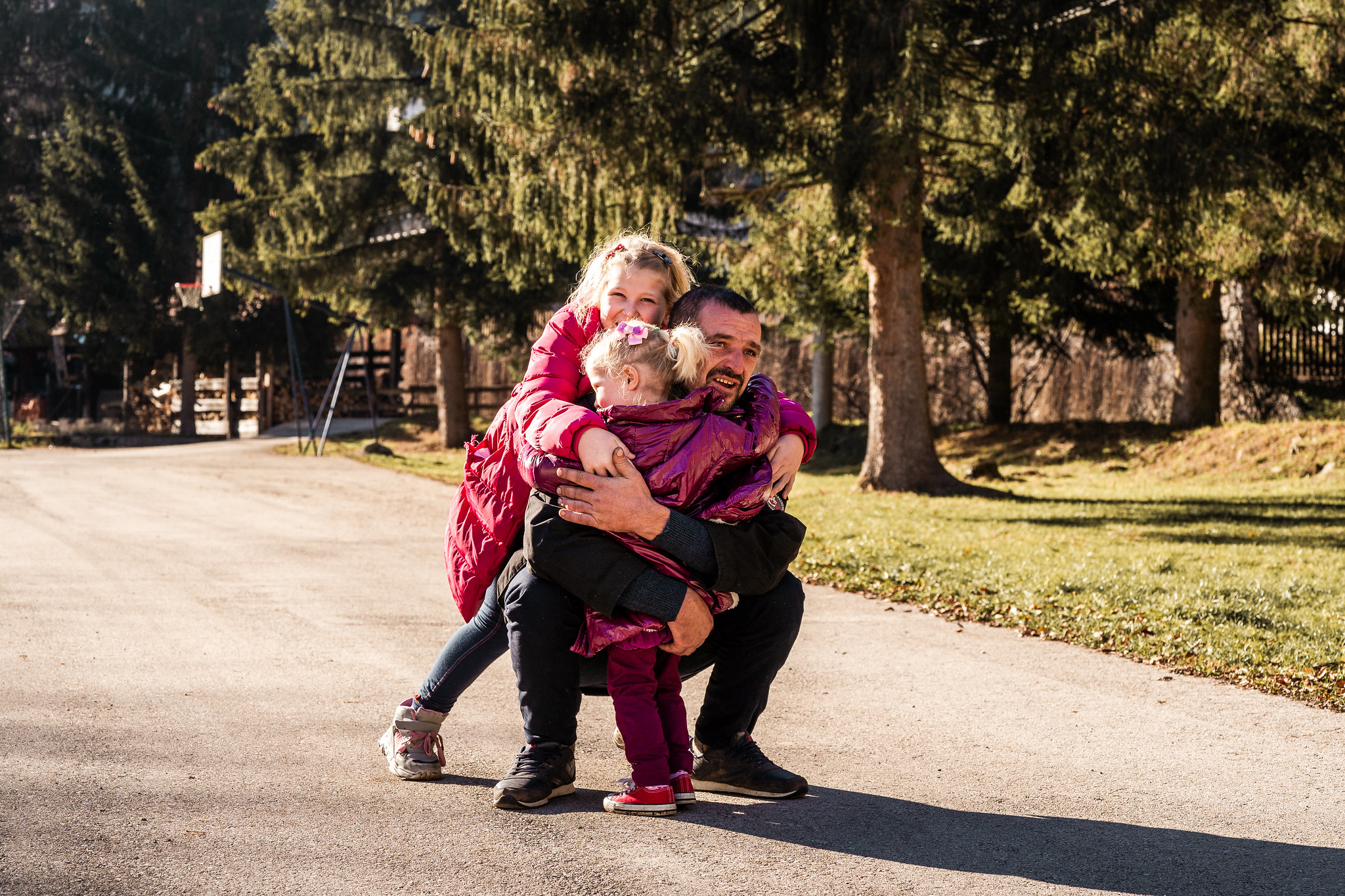In order to provide the best possible support to parents and guardians, our main program manager, psychologist and psychotherapist Smiljana Grujic answers some frequent questions of parents. We hope you find our First Aid Kit for parenting dilemmas section useful and interesting! If you want to ask Smiljana a question, feel free to write to us in the comments section below, and we will include the answer to your question in the next blog.
- I have a 9-year-old son, he won’t study, he always does things he mustn’t do, he won’t listen when he is told what he shouldn’t do something, what he shouldn’t take, always does the opposite of what his parents tell him.
This kind of behavior must be very frustrating for you and I’m sure it’s not easy. The more you encourage yourself to turn off your own stress siren in these situations, the more likely you are to react in a way that will allow you to see what happens to the child in situations where he/she exhibits the behavior that you characterize as unacceptable.
Every child is different, has their own personality and temperament and learns at a different pace.
When you are dissatisfied with your child’s behavior, it may help to ask yourself what encourages your child to behave that way. What feelings and needs is the child trying to express? Although it may seem that way, the child is not trying to make you angry – the child is behaving like that because he did not get something he needs from you as a parent, which is very important and has unmet needs that underlie the behavior he is showing.
Maybe he needs more structure in relation to you, or support for the daily activities that are in front of him, maybe he wants to choose what is best for him, so he needs an understanding for that.
Help your child express his feelings by telling him, “I think it’s important for you to finish what you started, and you want to choose when you want to do something. Did I understand you well?
In this way, you put yourself in your child’s shoes in order to discover what is important to the child in a given situation. If you blame him, scold him, label him that he should not behave like that, it is less constructive in situations when the child shows unacceptable behavior. It is much more effective to offer him a choice, to try to understand what he needs in a given situation, than to order him, threaten him, or shout at him.
There is one way that has proven to be quite good in situations where you want to determine the behavior that is important for you to support your child. Agree with the child on which behavior will be rewarded. Explain to him that, every time he behaves like that, he will get a sticker, a coin that symbolizes his success. Agree on how many such signs he will have to collect in one week in order to receive a great prize. The great prize can be something that a child wants or something that motivates him. You need to decide on the rewards together.
Whenever you notice this behavior, acknowledge it by giving a reward. You need to keep records together. When you collect the agreed number of stickers during the week, reward him with a bigger prize. When the behavior becomes a habit, gradually stop rewarding it and move on to another challenge. Focus on just one or two behaviors at a time.
- The baby is 18 months old, she likes to play and hang out with others, but when it comes to food or drink, she only wants to take it from me (mother). For example, when she is thirsty, she takes a bottle and brings it to me to feed her, and if I am in the bathroom at that moment, she takes Dad to the bathroom door and explains him to open it and come to me to drink water, she won’t take it from Dad either. Not even chocolate, she takes it from others and brings it to me to give to her or, if I am present, she is waiting for permission. What should I do, because if I leave her with Dad while I have to finish my duties or with my parents, she won’t eat or drink until I get home? What should I do?
I understand that it is difficult and frustrating for you that your little girl does not accept to be fed by other close people in the environment – and that there are situations in which you need to give up your needs in order to satisfy hers. You are additionally burdened by the need that can be met by other close people, so you wonder what it is about.
First of all, I think you should be satisfied, because your child’s behavior says that she knows that you are there for her and for what she needs, and your regular reaction that you practiced, if I understood correctly, contributed to your child a relationship of trust and security. I am sure that the child is learning an important lesson in this situation, although I know that it is not easy to follow it all.
I guess what you would like to teach your child is that she can rely on other close people in the environment for the needs she has; to be more independent. In this sentence, I defined a long-term goal that the child should learn.
Once you have defined a long-term goal, the next step is to think about what you can do on a daily basis to get closer to achieving the long-term goal.
What can you do to make your child more independent and thus be fed by someone else sometimes?
I want to mention that it is important not to forget that recognizable people satisfy the child’s need for security. So far you have been doing this and the girl has linked that feeding is related to mom. Of course, slowly but surely, the child will eventually learn to be connected to other people.
It is only important that you remain calm in the process. Only when you are in that state can you teach your child different things. We need to be connected with ourselves, with the child and not allow ourselves to “get out of our own shoes”.
The described condition is transient, your little girl has made a template for a relationship with you, patience and dedication will eventually teach that others are also there for the things she needs.

Smiljana Grujić is the author and manager of the “Support, NOT Perfection” program, which empowers parents in the most important role in life.
- The boy is 6 years old, and he has been sleeping very restlessly for the last few months. The child is constantly gnashing his teeth, as if eating in his sleep and grabbing the air in order to breathe. We are interested in what could be the reason for that change.
Gritting and gnashing teeth usually occurs in the period when deciduous or permanent teeth grow, and disappears after the process is complete. Parents usually do not notice it because it is present during sleep. I think that you should take your child to the dentist to examine his teeth, as well as to the pediatrician in order to rule out any possible problems that may be the cause of this phenomenon.
A part of children who grow up with certain tensions that accompany their everyday life, where the child does not meet their psychological needs, can lead to disturbed sleep, and even gnashing of teeth, because the child resolves the internal tension while sleeping.


















